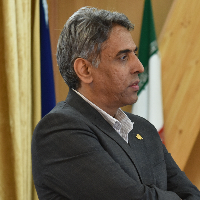Analysis of Educational Inequality Policies in Six Development Programs in Iran
Educational inequality is one of the most pressing issues of our time, leading to differences in opportunities, resources, and outcomes for certain groups of students compared to others. The main question of the current research is that what policies have been developed in Iran during the six development programs after the revolution to develop equal educational opportunities and reduce educational inequality? By using the systematic review method, educational policies were examined from the perspective of 6 principles related to the legislative framework (prioritization, strategy selection, implementation solutions, specific implementation, having indicators and evaluation capability, appropriate implementation guarantee) and the results showed that in developing development plans The legislator paid limited attention to the priorities and despite the fact that in most of the articles and notes there is an approach to achieve the set goals, but the solutions are very general or no solutions are provided, the main executor of the government's decrees and the executive organizations had a lesser role, also in none of the programs. A specific executive guarantee for accountability was not specified from the point of view of the law.
-
Designing, construction and validating a tool to measure the effectiveness of the teaching process of student teachers in the internship course for intern professors
Somaye Ghazi, *, Samad Izadi
Journal of Educational and Scholastic Studies, -
Effects of a Novel Blended Virtual Reality and Clinical Learning Environment on the Learning Transfer of Anesthesiology Residents
Saeideh Sadat Mousavi,, *, Seyed Mohammad Mireskandari, Shahram Samadi
Acta Medica Iranica, Sep 2023



